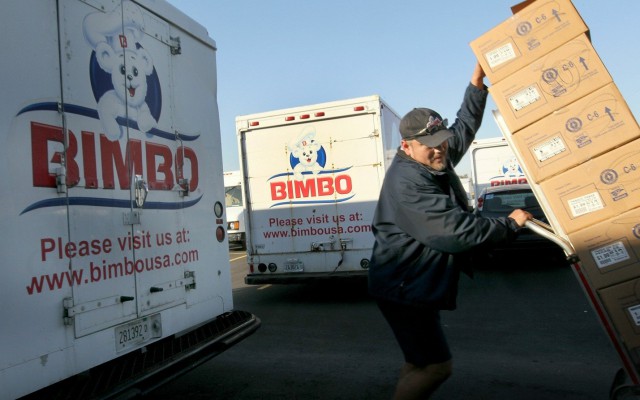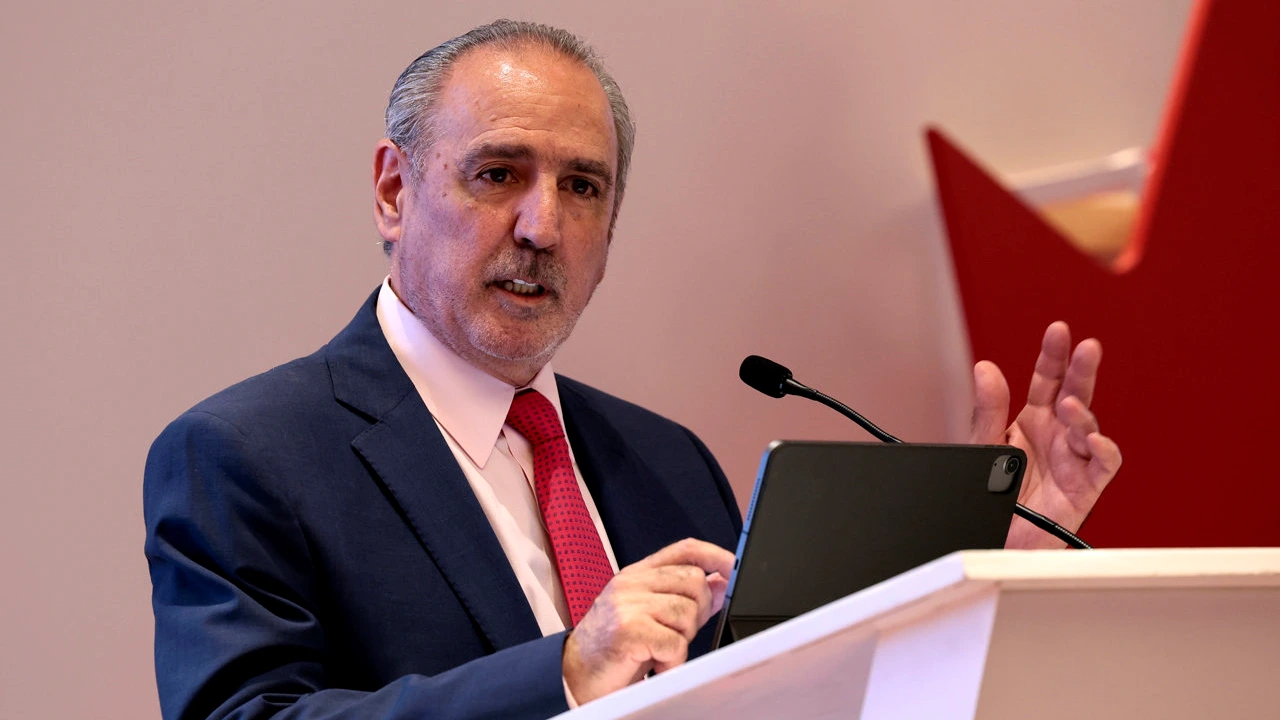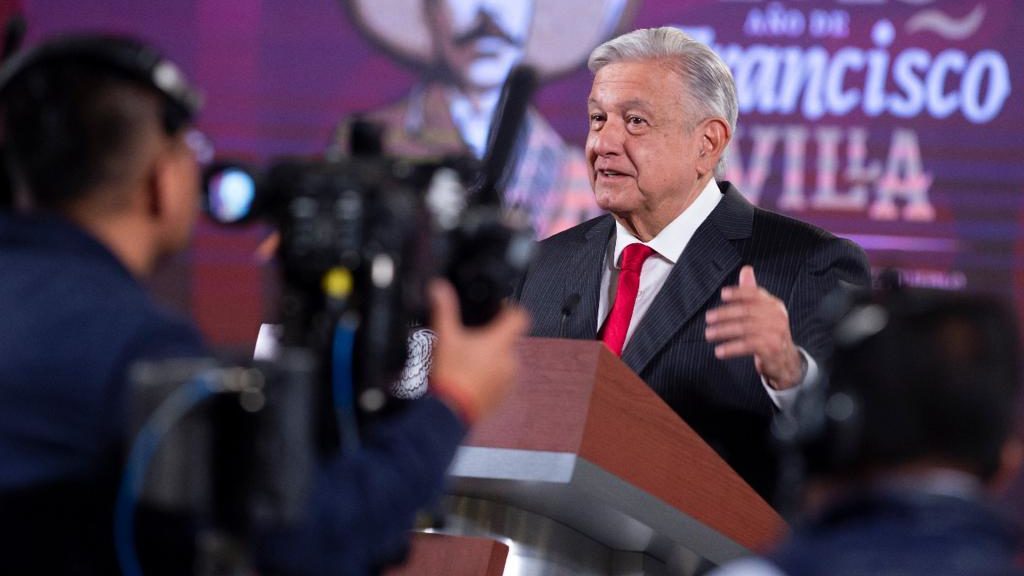Jesus Martinez Soriano
Toronto, Canada. It was the spring of 1991, the cold was beginning to ease after enduring a harsh winter in which one of the worst snowfalls in several years had been recorded, leaving much of the city paralyzed. I was residing in Toronto with a group of friends, three of whom had just graduated from college. We heard on TV and in the press that then Mexican President Carlos Salinas de Gortari would be visiting Canada to promote the signing of the North American Free Trade Agreement (NAFTA). between Canada, the United States and Mexico. , now USMCA. My two friends and I had witnessed the beginning of the treaty debates when we were still students, which is why, while residing here, we followed with great interest all the excitement that unfolded around this question. On April 9 of that year, 1991, the television news gave wide coverage to the visit of Salinas and the next day, in the most important newspapers, the same news monopolized eight columns. But, in addition, in the place where we worked, in the school we attended and in our circle of friends and acquaintances, this subject came up repeatedly. Mexico was all the rage here and it gave me and my colleagues a sense of pride. A little more than three decades after this historic event that perhaps those of us who witnessed it at the time did not appreciate its true importance and regarding the Three Amigos Summit 2023 which is celebrated this January 10 in our country, I want to share with readers some experiences and anecdotes about how we Mexicans who were here in the early 90s experienced the debate before the signing of NAFTA.
Fears and Opposition to NAFTA in Canada
The friend who invited me to come to this country and I worked at the Toronto Hydroelectric Generating Station, located east of the city on the shores of Lake Ontario, a place I now remember with fond nostalgia. In the days leading up to Salinas’ visit to this hydroelectric plant, workers’ union representatives distributed flyers with the image of a map of North America in which Canadian territory was defined as an unemployment zone, the United States as a financial zone and Mexico as a labor pool. And it is that, as the media documented at the time, there was great opposition to NAFTA here, mainly among various labor organizations, many of whose leaders thought that with the entry of Mexico into the trade agreement that Canada and the United States had already started in 1989, many companies based in this country moved to ours due to the availability of cheap labor, to the detriment of employment in Canada.
I remember that the day after the visit of the former Mexican president to Parliament in Ottawa on April 9, 1991, when I left work, my colleagues and I read the headlines of the printed newspapers, which at the time were among the major news media. , because there was no internet or mobile devices. I know full well that the Toronto Star headlined, “Fear Free Trade: Salinas,” while the Globe and Mail read something like NAFTA Fears Unfounded: Salinas. The two newspapers published the photograph of the Mexican president and alluded to his declarations published the day before in the capital of the country, in front of his Canadian counterpart Brian Mulroney. De Gortari noted that fears that under NAFTA, Canadian industries would move to Mexico because of cheap labor were unfounded. Unfortunately, neither my colleagues nor I keep these logs which would be a great relic today, but background information can still be gathered from other sources. (https://www.iri.edu.ar/publicaciones_iri/anuario/A94/A1ANDOC2.html Yes https://www.washingtonpost.com/archive/business/1991/04/09/salinas-finds-foes-in-canada/c6fa7447-72a4-4ef5-b214-96b1eb63d12f/).
Mexico jumped onto the international stage and raised high expectations
In what seemed like an excellent strategy with strong support from abroad, mainly from its two future trading partners, Mexico jumped onto the international stage. Perhaps some will remember that in 1991, our compatriot Guadalupe Jones won first place in the Miss Universe pageant, which made the country attract glare and be increasingly the object of interest. Around the same time, here in Toronto, the Eaton Centre, the city’s largest and busiest mall, was hosting a major display of Mexican wares, helping Canadians connect with a nation that was virtually unknown to them. And the strategy worked; At that time, I was attending English lessons in a public school where one of the teachers was stressing the importance of NAFTA and the opportunities that would open up for Mexico, while praising the “great initiative”. of former President Carlos Salinas, who he said was considered a statesman. Obviously, these comments and the whole environment that accompanied the discussion raised great expectations and fueled the enthusiasm of the Mexicans present.
Contrary to what many would think today, this optimism was not unfounded or shared only by those of us who were young at the time, who were more romantic and dreamy, and we were boys at the time. era. As I have already mentioned on other occasions, the 2008 Nobel laureate in economics himself, the American Paul Krugman, pointed out that “when NAFTA was negotiated and implemented, there was a general belief that by opening up to trade, coupled with some of the basic reforms would trigger (in Mexico) faster growth. (https://www.elfinanciero.com.mx/bloomberg-businessweek/paul-krugman-y-el-misterio-de-por-que-mexico-no-ha-despegado/). In our country, in academic circles, this optimism was perhaps not perceived, even if the idea was that, like what happened in the European Community, the treaty would contribute to reducing the existing asymmetries in economic matter between the three nations of North America.
Dreams, frustrations, reality
Just over three decades have passed since those events and today the memory of various passages lived in this place at that time generates an inevitable feeling of nostalgia, not only because of the excitement of being a direct witness of a big event. , but also for not having seen the enormous expectations that our country aroused crystallize. That is, for a dream that did not come true. It should be said that many of us did not expect Mexico to make the big leap in development, but did expect it to make substantial progress in that direction, as some South Asian countries, such as South Korea or Hong Kong, which to some extent left many young people of this generation with some frustration. But this feeling tends to deepen even today, when we see that this claim seems to be moving further and further away, with a regime that has sought to move away from the developed north and, consequently, to slow the process of our country’s transition from Latin American civilization to Western civilization, which began when Mexico decided to open up to the outside and deepened precisely from the entry into force of NAFTA in 1994, in the words of the late sociologist Samuel Huntington.
But as the American thinker himself had warned, this process of transition that Mexico was beginning to experience, as part of an effort to redefine culture, would be long, complicated and uncertain, with advances and setbacks , and with the existence of certain forces which they would try to promote it and with others which would seek to stop it. In trying to interpret Huntington, we could argue that we would currently be immersed in the second scenario, that is, in which the forces that oppose greater connection and integration with the West predominate, promoted from the highest levels of government, but with more ideological than real arguments. Meanwhile, the opposing forces, which seem to have more power and influence, continue to advocate for the opposing trend, somewhat surreptitiously, albeit with seemingly more solid and irreversible support. Today, on the occasion of the T-MEC summit, formerly NAFTA, which is being held in Mexico City, it is appropriate to recall how this trade agreement was forged and to reflect on the meaning of our process of cultural redefinition as a civilization and our possible integration with the West, which we seem to be heading towards.

“Amateur bacon nerd. Music practitioner. Introvert. Total beer junkie. Pop culture fanatic. Avid internet guru.”







